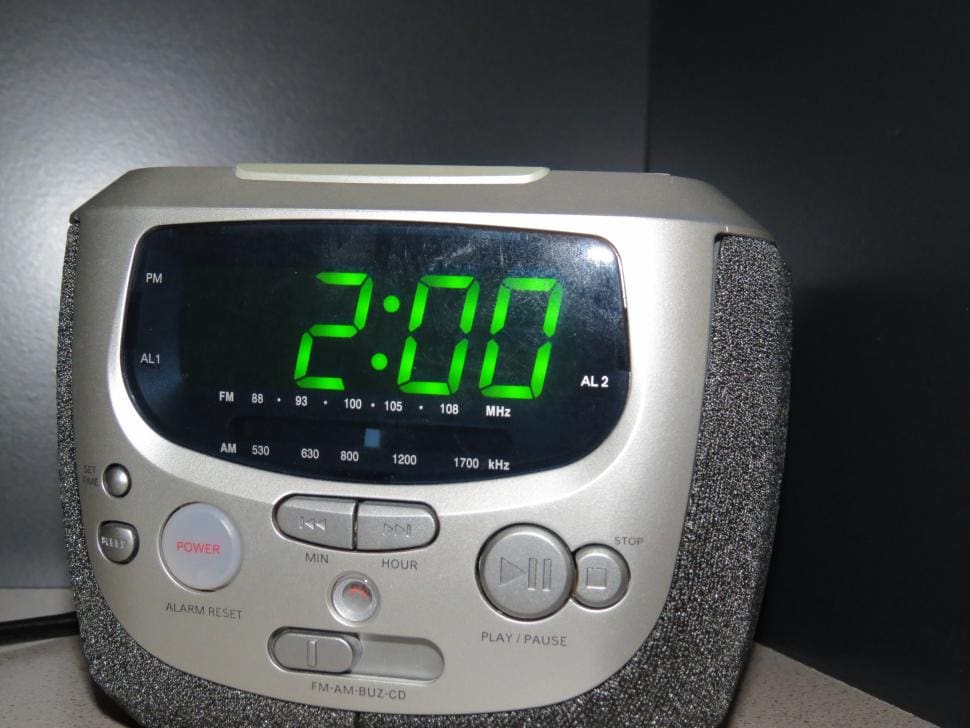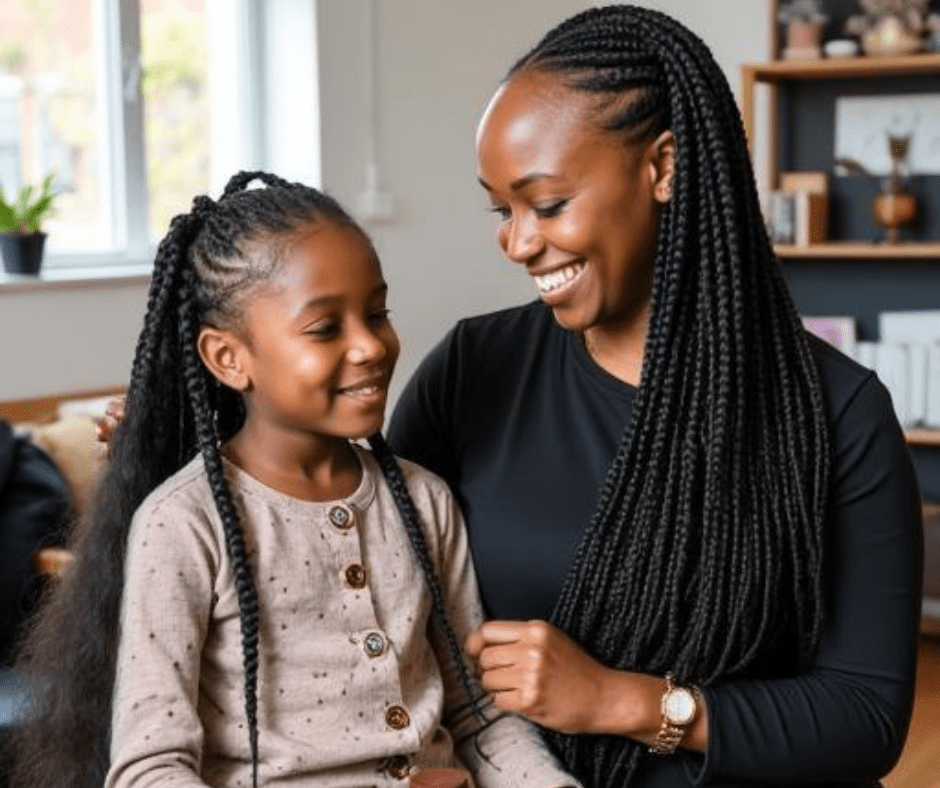They are the folks you know will answer the phone any time you call, who will drive to pick you up if your car breaks down, will bring you soup and make you tea when you are sick. We have nicknamed them within our program. We call them “2AM People.” Take a moment. Picture your person, or, if you are very fortunate, people. Who are they?
For a lot of us, our 2AM People are family members. Moms, dads, siblings, aunts, uncles, cousins, grandparents, close friends who aren’t biologically related but have been there over the years, your partner or spouse if you are in a relationship, and perhaps their family. Maybe even your co-workers, especially if you work in a place as wonderful as ours!
For kids in care, 2AM People can be a little less certain. If you are not allowed to contact your birth family or if you don’t know where they are anymore, they can’t be part of that list. If you are living in a group care program, you don’t get to know the staff on a personal level, so if you aren’t at the program, they are not your 2AM People. If you have lived in so many foster homes you can't even envision all of the bedrooms you've called your own, you likely don't consider the adults in those households your 2AM People. For kids in care, the question of who to turn to in times of need is often largely unanswered, which creates very real, very significant risk.
When our kids do not have ongoing, formalized supports in their lives, they do what is human nature: they find their own people. Sometimes the people our kids find, or the people who find our kids, do not have the best intentions. Predators seek out our adolescents. Gangs provide protection and an inclusive group, but not without a price. Pimps and sexual predators might provide security, but also present unbelievable danger and trauma. Other youth with few resources and their own traumas often band together, but might not be able to provide the stability and safety adolescents need to nurture them through those challenging years.
We have ongoing conversations within our program about Permanency. Permanency means providing an ongoing connection, a link, a lifeline. Foster parents are temporary. By definition they provide transitional care until a child moves to a permanent setting, be that a reunification home or a move to a pre-adoptive home. But they are also there to foster something great, something meaningful. Foster parents establish trust. That trust is built by providing structure, being honest, following through, and demonstrating to the child that they are good, are worthy, and are important to this world. Our goal is for foster parents, no matter how long they are a part of a child’s life, to become 2AM People, to create a bond that allows a child to know that they are a safe, honest person who can be called upon for advice, support, and encouragement no matter how much time has passed. We are pleased to report that our parents are doing exactly that, time and time again.
Talk with any foster parent who has been doing this for a while. They will tell you about the random, out of the blue phone calls and texts, Facebook messages, and drop-by visits they get from kids who they parented years, even decades, ago. Many are, in fact, no longer kids, but adults who often have children of their own. Our parents have visited their former kiddos in prison, have attended funerals for their children’s family members, have gotten calls about overdue rents, abusive partners, getting fired from jobs, and everything in between. By answering those calls, painful and heartbreaking though they often are, and by providing a steadying hand during the turbulent times, foster parents secure their invitations to the most joyful occasions. Our foster parents have received invitations to adoption days, family birthday parties, graduations, prom picture photo sessions, baby showers, weddings, and holiday parties. It is permanency at its finest, the demonstration that being a trustworthy adult during a child’s time of need can have a lasting, profound impact. So to all of our 2AM People, thank you for picking up the phone time and time again.
Could you be someone’s 2AM Person? Contact us today to learn more about foster care.














